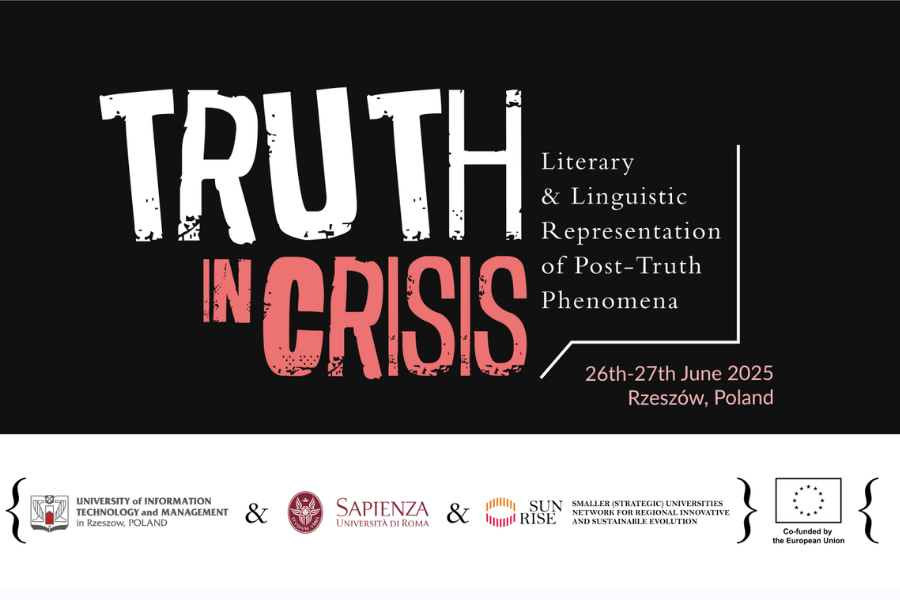Together with the UITM Academic Center for Personal Development and Psychotherapy, we want to give you some tips on how to deal with fear or stress during this pandemic. Together we are stronger! This time more about being good to yourself.
„In our view, many of the psychological problems of the modern era are due to the lively activity of inner critique. We live at such a stage of history and in such a cultural environment that being human is not enough, we must be bigger and better. As a rule, we are not encouraged to objectively look at ourselves, acknowledge what we see, come to terms about life realistically and be in harmony with the deepest needs of our being. Instead, we must constantly strive for self-improvement. This creates a fertile ground for Internal Criticism. ” / H. Stone
A gentle approach to yourself and showing kindness, a sense of community with other people and mindfulness – these are the three most important elements that make up self-compassion. Dr Kristin Neff – one of the leading researchers of this phenomenon and Dr Paul Gilbert – the creator of Compassion Focused Therapy, believe that self-compassion is extremely powerful. They define them as a cordial attitude towards themselves, especially when experiencing difficulties.
It is usually easier for us to respond with care and compassion towards others. Learning a compassionate attitude toward yourself is not an easy task, but it can be done. How to do it? We will look at the first element – kindness to ourselves.
Being kind to yourself is:
- not constantly evaluate your thoughts and behaviour;
- mitigating internal critical comments;
- allowing myself to make mistakes.
It is worth looking at what thoughts we usually address to ourselves, whether they are supportive or rather in the style: „I am hopeless!” or „I am useless” – lowering our self-esteem. Our attitude towards loved ones and friends can show us the way to find kindness for ourselves. Because we are most often able to be supportive and caring or find a good word for them.
Being kind to myself often boils down to saying that I am experiencing a difficult situation and seeking an answer to the question – how can I relieve myself in this situation? It is an active self-care – as if we were taking care of a loved one in a similar situation.
One of the practices that helps you learn a friendly attitude towards yourself and which Dr Kristne Neff proposes is work with an internal critic. It runs in 3 steps:
Step 1 – Realize your self-critical attitude
If your critic’s voice speaks very often – you may not even notice their presence, their raw and evaluative comments seem natural to you. From now on – whenever you feel bad, blame yourself, etc. – think about what you just said to yourself. Try to answer the questions:
What words do you use when you criticize yourself?
Are there any terms you use more often?
What is the tone of your voice?
Do they sound like someone from the past who was extremely critical of you?
Every time your critic starts acting – notice it and try to be aware of these comments.
Step 2 – Soften the voice of the internal critic
Listening to your internal critic – it is very easy to get angry and condemn yourself for using critical messages. But your job is to show compassion – so try to soften your critical judgment by speaking to yourself gently and empathetically, for example, „I know you are trying to protect me and pay attention to things that do not help me. However, your harsh criticism and assessment do not help me. Please stop treating me badly. „
Step 3 – Turn the observations made by the critic into supportive, positive actions
Imagine being on a diet – you eat a whole pack of chocolate cookies. You feel angry with yourself and your internal critic says, for example, „You are hopeless!”, „You will gain weight again”, „You can’t take care of yourself.” In this step – you replace these critical observations with supporting ideas and actions – for example, you say kindly to yourself: „My dear, I understand that you ate these cookies because you thought it would improve your mood. Now you feel even worse because you know how it affects your health and body. Maybe you will go for a long walk, after which you will feel better. „
If this step is difficult for you, you don’t know what words to use – think what a compassionate friend would say to you.
Once again, when we find ourselves in a difficult situation, we will experience unpleasant feelings – remember that we have a choice. We can automatically react critically and judgmentally or – try to treat yourself with kindness.
Written by ACROiP (UITM Academic Center for Personal Development and Psychotherapy)






